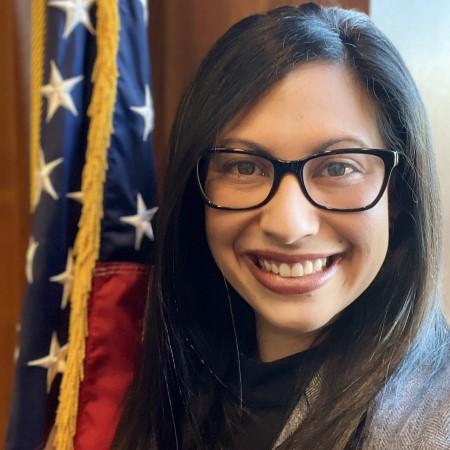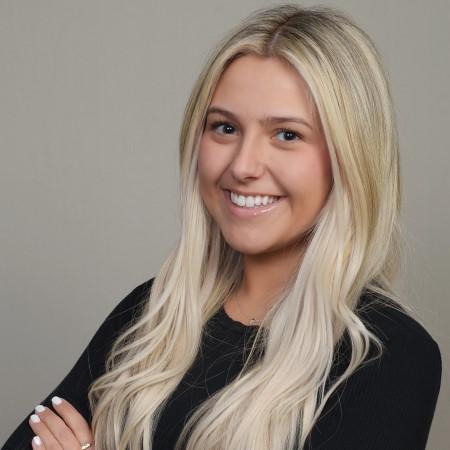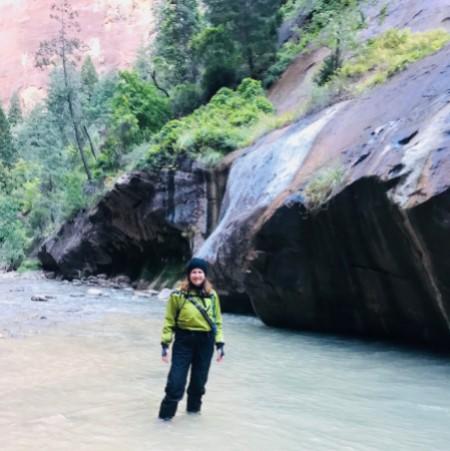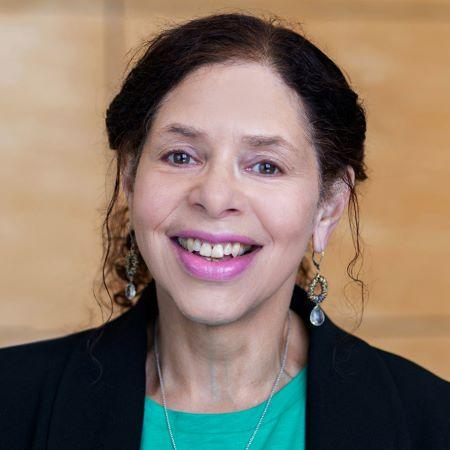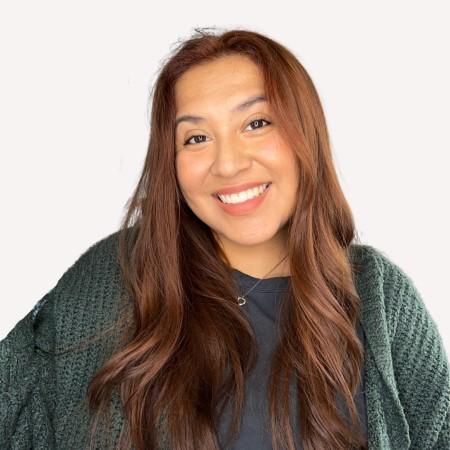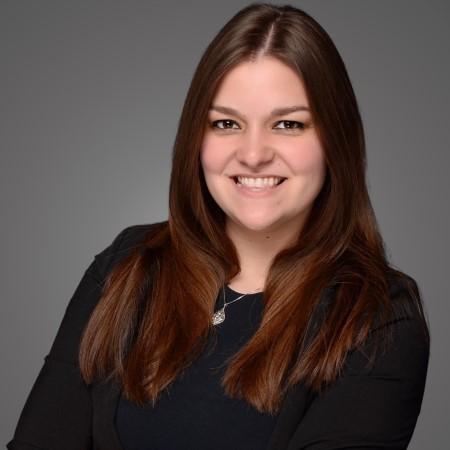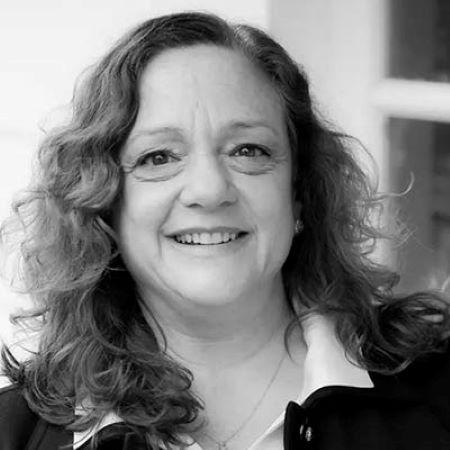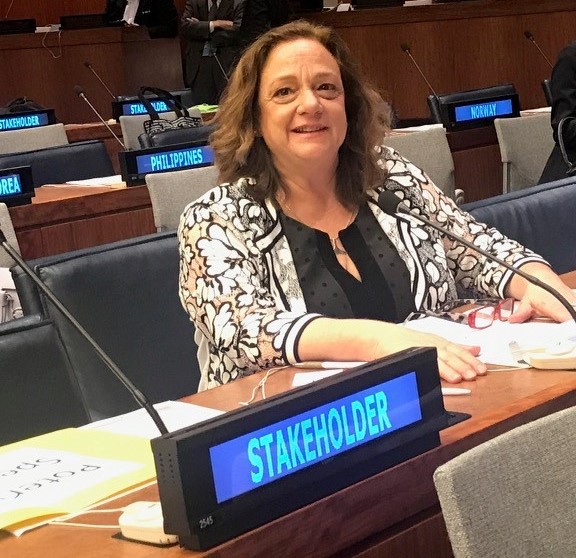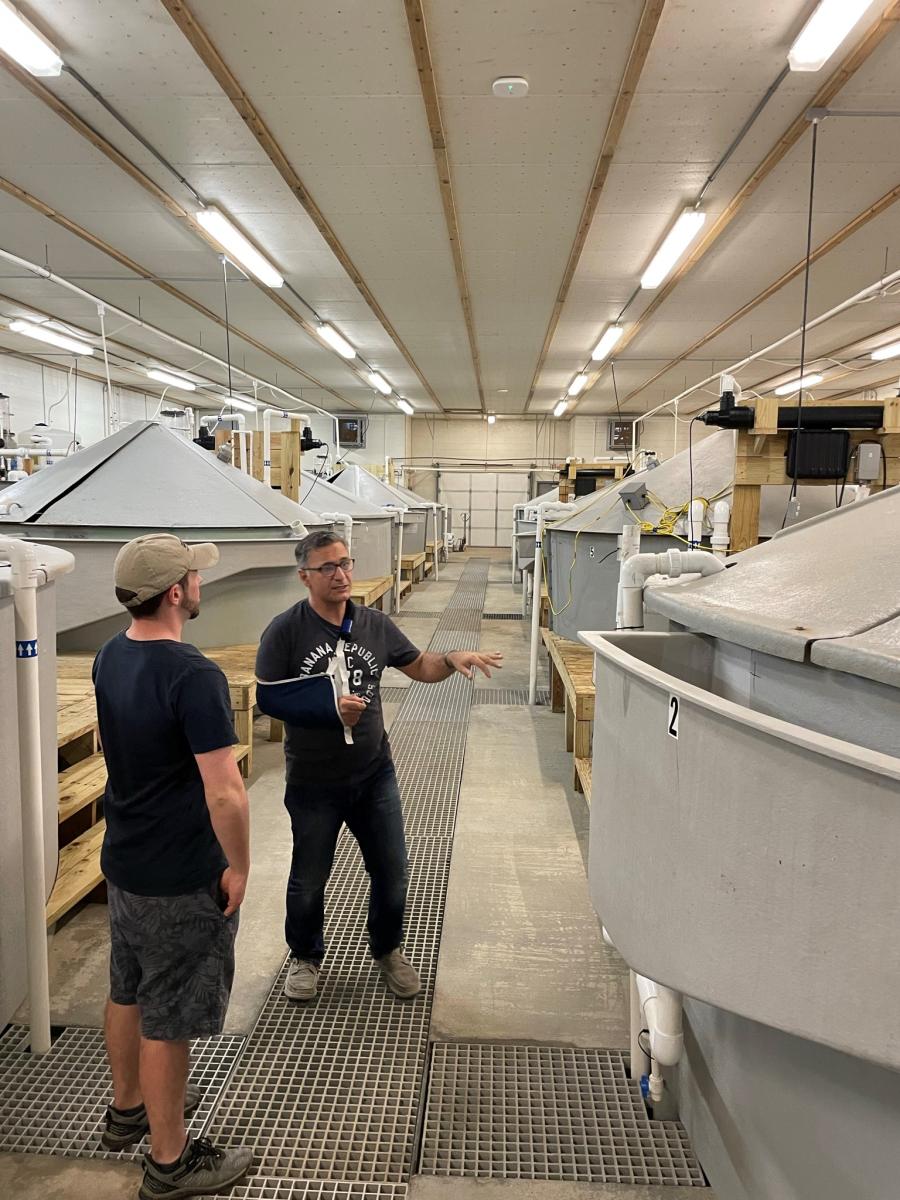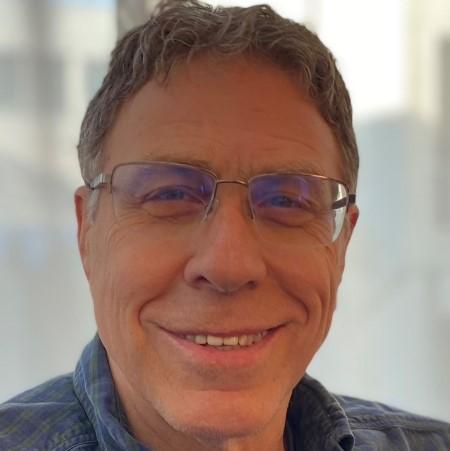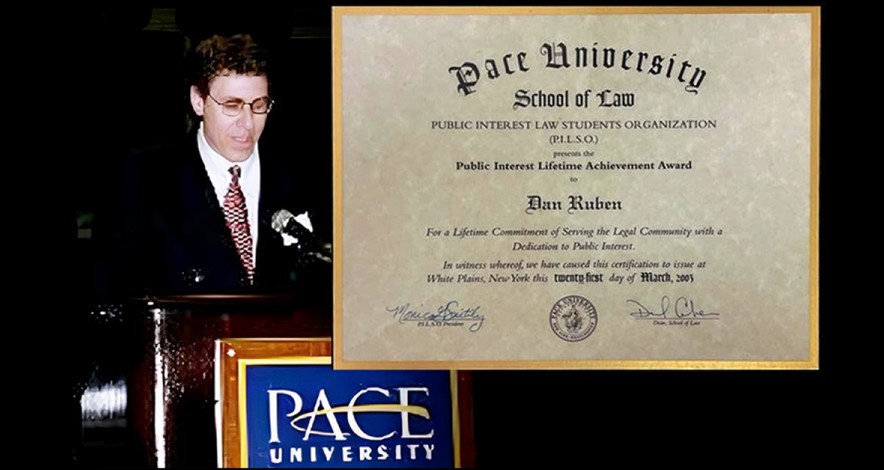
Father’s Day Feature
Mitchell Dinkin ‘92 and Amanda Dinkin ‘24
After the stock market crash of 1987, Mitchell Dinkin ‘92 made the decision to pivot from his aspirations in a career on Wall Street to law school. “I changed my undergraduate major to Political Science and from there law school seemed like an obvious path. I had a strong skillset in comprehension, analysis, and a passion for arguing.” Being a White Plains native also made what was then Pace Law School a natural choice for Mitchell. “Pace took a chance on me. I was accepted into the Conditional Acceptance Program (CAP), which meant that just two weeks after I graduated college, I was in law school and fortunately met the requirements in the CAP program for regular fall admission.”
Mitchell’s daughter, Amanda, a newly minted 2024 Haub Law graduate made the decision to also attend Haub Law based on her father’s positive experience. “While my father’s career as an attorney was not the sole reason that I decided to pursue law school, his experience at Haub Law certainly was why I decided to apply and ultimately attend.” After growing up as a White Plains native, Mitchell and his wife decided to move to Florida. After having taken and passed the New York and Connecticut bar exams, Mitchell also took and passed the Florida bar exam and began his career as an attorney there, which is also where Amanda grew up. Amanda notes that while she did not expect to move to New York, she is thankful she did. “I have been provided with so much opportunity by choosing to attend Haub Law.”
Mitchell describes his time at Haub Law as thoroughly enjoyable and upon graduating he felt very prepared to take the bar exam. “I had several clerking jobs throughout law school and having Pace on my resume was definitely a plus in Westchester and nearby Connecticut.” Amanda’s experience as a student at Haub Law was very similar to her fathers in terms of positivity. “The Haub Law community, faculty, staff, administration, and even other students have been nothing but helpful. Everyone at Haub Law is very welcoming and willing to help each other out. This goes a long way in law school.”
While initially surprised with the news that his daughter wanted to attend law school and the same school that he did, Mitchell had no doubts that she would succeed. “I was beyond proud of her. When we took the campus tour after her acceptance it was my first time back on campus in nearly 30 years and I felt so happy for her that she would be able to enjoy the same legal education that I had received and sit in the same classrooms that formed me into the lawyer I am today.”
During her time at Haub Law, Amanda was a very actively involved student. She participated in the Amelia A. Gould Representation in Mediation Clinic, she was Haub Law’s American Bar Association Student Representative, SBA Historian and Vice President, graduated as President of the Law School’s Jewish Law Students Association, a Dean’s Scholar, and was part of several winning moot competition teams along with Internal Competitions Director for the School’s top ranked advocacy program. In recognition of all her positive contributions during her time at Haub Law, Amanda was selected to receive the prestigious 2024 Dean’s Award at commencement.
Now that Amanda has officially graduated from law school, she notes that it is fun to converse with her father in “legalese” and that both can learn from each other. “Coming to law school was a very rewarding experience, although very challenging,” said Amanda. Both her and her father agree that the amount of personal and professional growth that occurs in law school is inspiring, and they are glad to have that journey in common. Now that she has graduated, Amanda will be joining the First Year Associate class in Kennedy's Law New York City office. An AV rated attorney, Mitchell has now practiced in Florida for over 30 years and has been a solo practitioner for most of his career.


